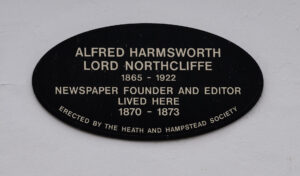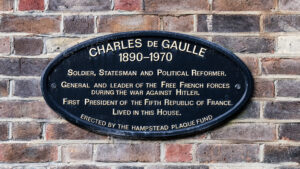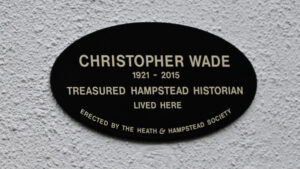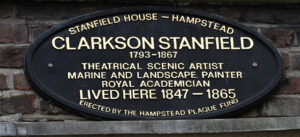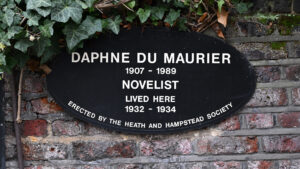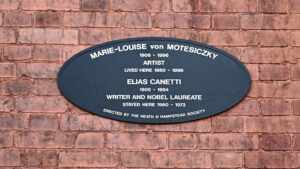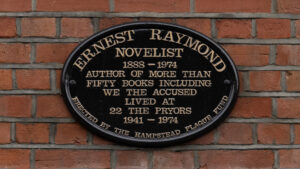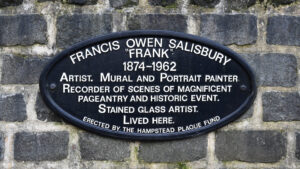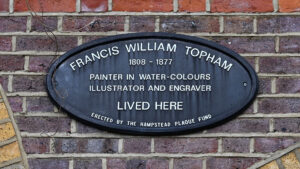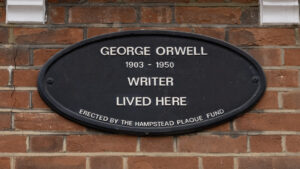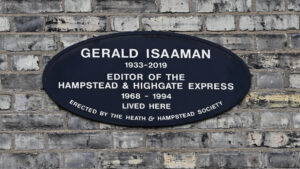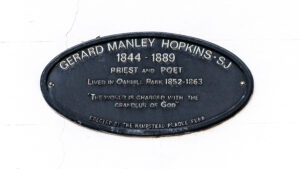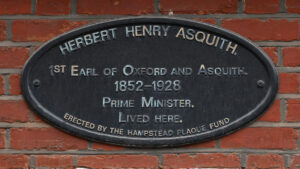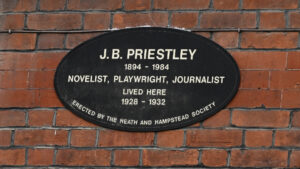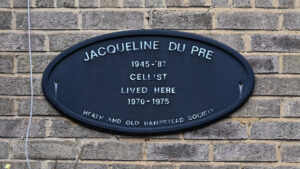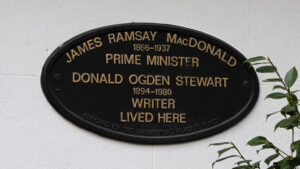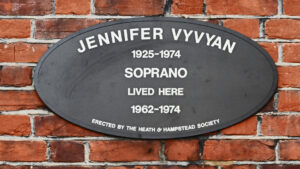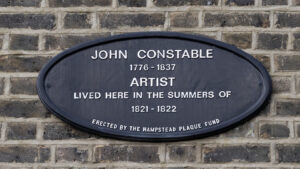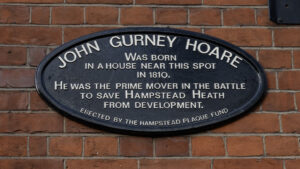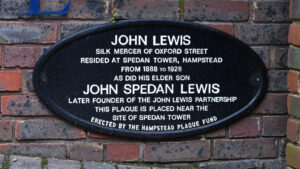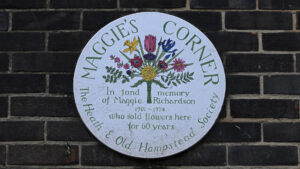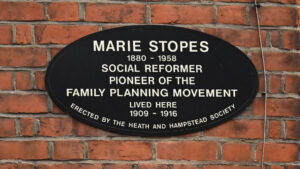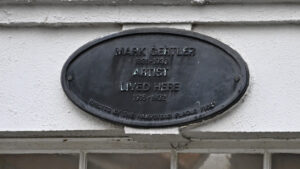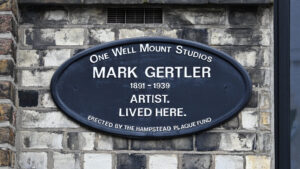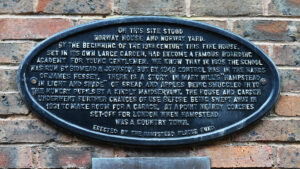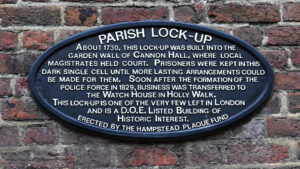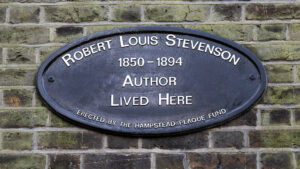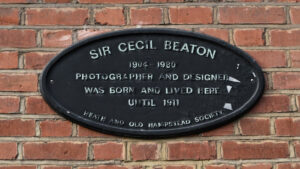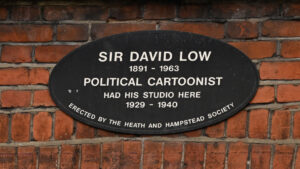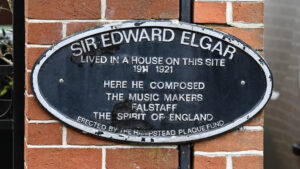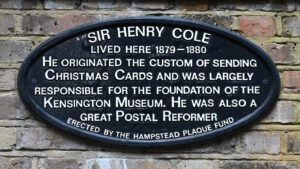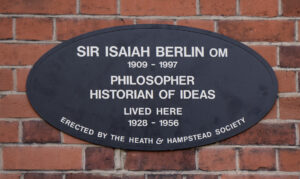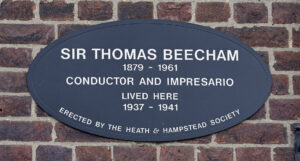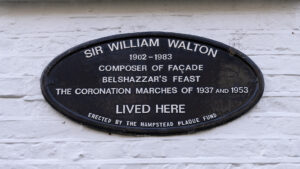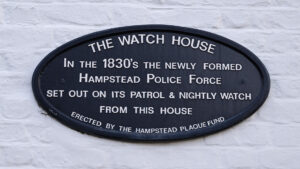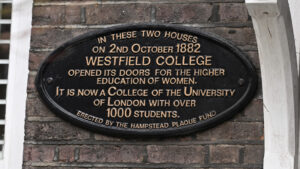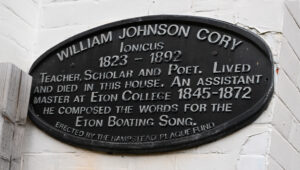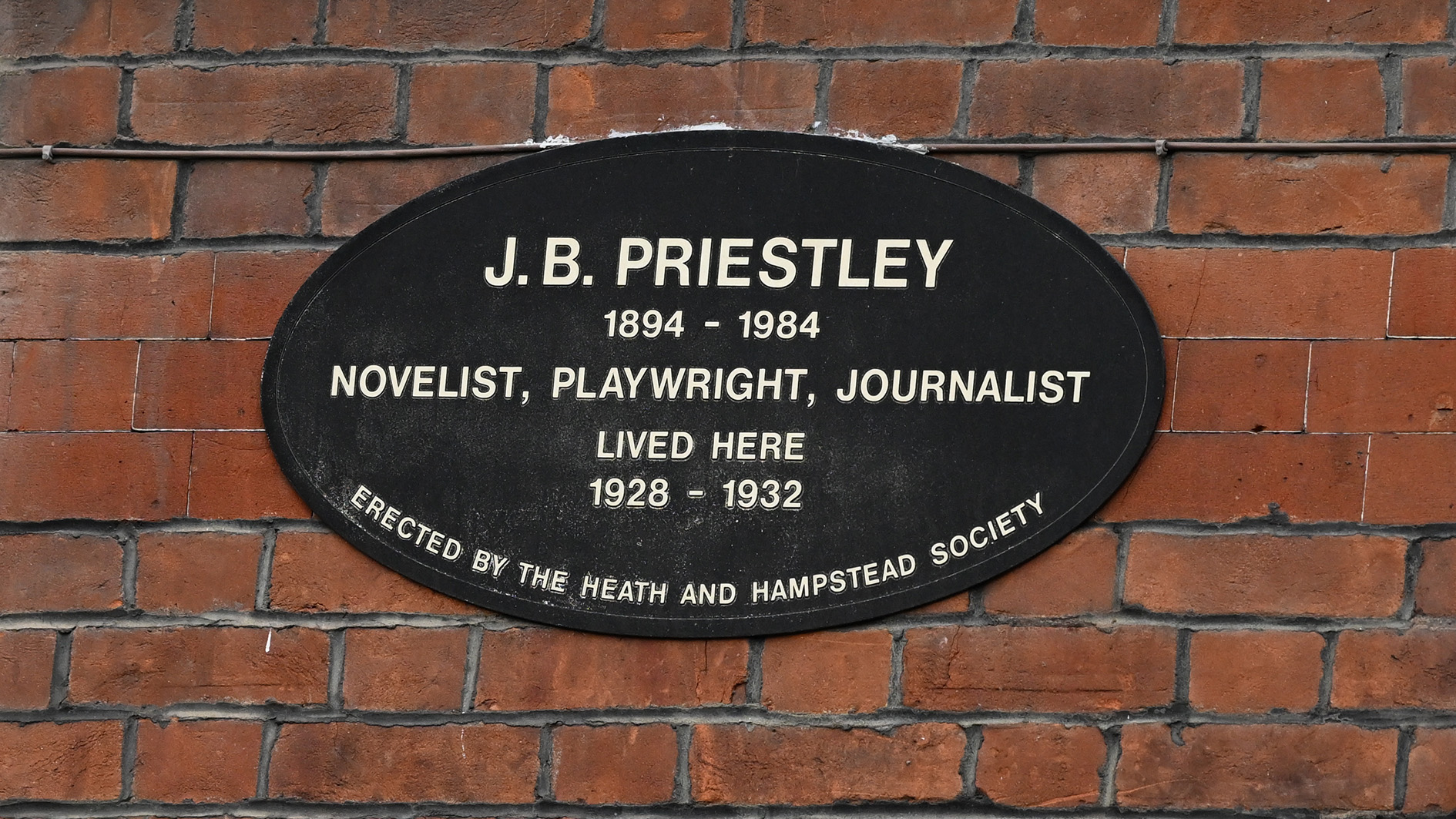
 John Boynton Priestley was born at Manningham, Bradford in the West Riding of Yorkshire. His father, Jonathan, was a schoolmaster and his mother, Emma, had worked in one of Bradford’s woollen mills. She died when John was just two years old and he was brought up by his father’s second wife, Amy, who treated him kindly.
John Boynton Priestley was born at Manningham, Bradford in the West Riding of Yorkshire. His father, Jonathan, was a schoolmaster and his mother, Emma, had worked in one of Bradford’s woollen mills. She died when John was just two years old and he was brought up by his father’s second wife, Amy, who treated him kindly.
John was educated at a local school and afterwards worked in a Bradford wool office. But in his spare time, he was writing articles for magazines including The Bradford Pioneer. At the outbreak of the First World War, he volunteered to serve in the Duke of Wellington’s West Yorkshire regiment. In 1916 he was seriously injured and returned to England where, after a period of convalescence, he trained as an officer before returning to the front. After the war, thanks to a small ex-officer’s grant he studied at Trinity Hall Cambridge, where he excelled academically. He decided to pursue a career as a writer, and after leaving Cambridge he moved to London where he wrote essays, and book reviews and published a couple of short novels.
In 1929 he collaborated with the well-known historical novelist Hugh Walpole to write a further novel Farthing Hall. The success of this venture gave him financial freedom. His next novel The Good Companions won the James Tait Memorial Prize for fiction and earned him an international reputation.
In 1921 John had married Emily ‘Pat’ Tempest, a Bradford librarian. They had two daughters Barbara and Sylvia. Pat died of cancer in 1925 and in 1926 he married for a second time. Jane Wyndham-Lewis was the ex-wife of a journalist and she and John had two more daughters and one son. While John was writing The Good Companions, Jane was searching for a London base for the family. Hugh Walpole had asked John whether he might consider ‘moving nearer to him In Hampstead’ and in due course ‘they found a house … they thought would be suitable: 27 Well Walk.
In the 1930s John’s career took a new direction. He began writing plays, and the social climate of the time made him aware of the inequalities in English society. In English Journey he described his view of the state of the nation in the aftermath of the First World War. During the Second World War, in his BBC broadcasts ‘Postscripts’, he adopted a more elegiac tone, describing to his listeners the ‘beauty of the English landscape, the little ships at Dunkirk and a steaming pie in a shop window defying the bombers. But he also called for social change, and this resulted in the talks being abruptly taken off air.
In the 1950s he became increasingly politically disillusioned. He was particularly unhappy about Britain’s development of its own hydrogen bombs and became vice-president of the Campaign for Nuclear Disarmament.
In 1953 John was divorced by Jane and married the archaeologist and writer Jaquetta Hawkes. The marriage was very happy. In 1959 they set up home in Alveston near Stratford-on-Avon. The house, name Kissing Tree was their home until John’s death there on 13th August, 1985
VIEW ON MAIN INTERACTIVE MAP
1
